The Creative Meaning of Laziness and Its Manifestation in Digital Technology, or,How Slug-Boy Found His GrooveDennis Báthory-Kitsz |
||
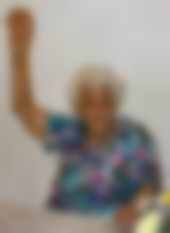 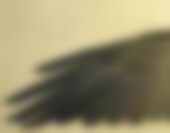 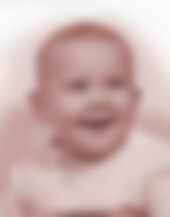 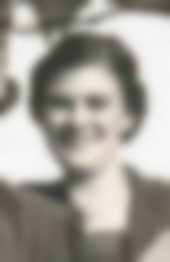  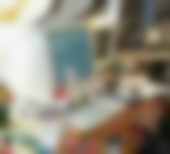  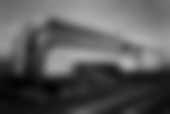 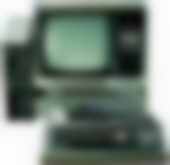 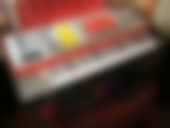 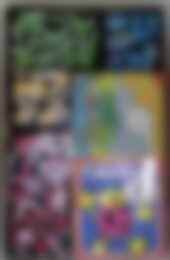  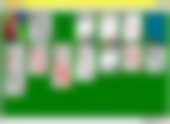 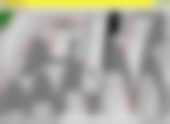 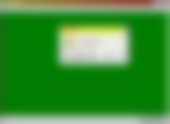        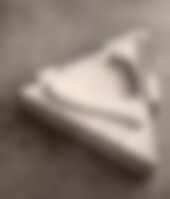 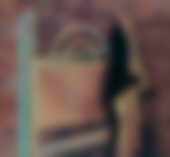 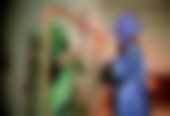 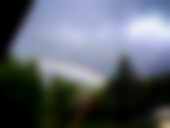 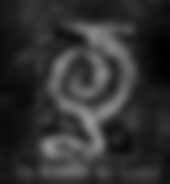  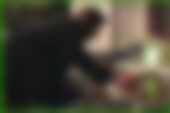     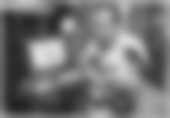 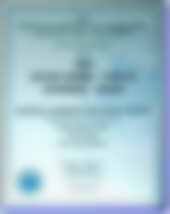 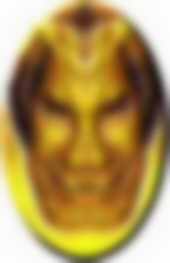 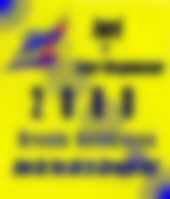  |
My grandmother was born two years before the Wright brothers first flew without the wings of birds or angels, and she died two years before Voyager slipped the solar bonds. I was born two years before the Univac was first uncrated and plugged in to work at the U.S. Census Bureau, and now it's two years before--what? What bonds will be slipped? My grandmother's lifespan through the adventures of the 20th century was an object of my wonder. She came of age to marry forever my teen grandfather after he returned from the Great War. I came of age in the glow of monochromatic television's paeans to science fiction, to thrice marry and twice divorce. To her, the television was magic; to me, the magic was the computer, both television's monochromatic one & the contrivance I have before me. And so here I am, the first generation to grow into and through this human amanuensis. You know, I had never intended to be a computer musician. I had never planned or even expected to use a computer. For that matter, electronics themselves were toys to me (even the television whose high voltage once rendered me flaccid and shaking), and software was the mystery of an unknown priesthood until I had the computer toy at hand. Wait. Restore the falling calendar pages. I'd come by the act of composing the hard way--composing first, playing music second. I had the ideas & the sounds, but not the code. Oh, yes, as a child I had made squiggles and lines to remember tunes--were it medieval times, these would be called neumes. And, yes, the modern code of lines & dots was broken soon enough. But I was a lazy boy. Music, well then. It's what I wanted to do, and spent thousands of hours learning the tiny scribbles of notation, and then I, the slug-boy, re-invented my childhood squiggles (nay, neumes!) for remembering the sounds I wanted to make and the circuits I needed to kludge. I'd made electronic squalling noises with parts scavenged from the nearby rich-people's dump. Electronic music. Help for the lazy boy with no performance technique, and maybe a whole lotta something exciting & new. In some forgotten epiphany, I recognized it as its own world of sound & music. The year was 1969. One small step. The Era of New, just past streamlining and the smiling lady's aluminum kitchens. But even in the Era of New, if I was groundbreaking, it was unwilling or accidental groundbreaking. In the search for a way to freeze a nightmare into score, I created i cried in the sun aïda in pencil scribble-neumes and on audio tape. (It was before Chion's Sanctus, too. Accidental.) My computer was not to be for computing, but for music. That it provided me with 20 years of income-producing work was an artifact, another eurekafying accident. It was shiny and new and everyone wanted to know about it. I'd been there early in that Radio Shack buying the battleship gray digital box, early opening it up, early trying to make it do some music for me by hooking it up to my synthesizer. Oh, the synthesizer. An Ionic Performer. Not a splendid, sleek, paneled thing with patch cords, but a démodé Colorforms appliance with easy-to-press buttons. I'd seen one, bought the floor model (then it was new; more than three decades later it's a rare classic). But then it needed triggers and control voltages (converters? too hard. heck, build resistor ladders. cheap. easy.) and some sort of--what was it?--interface. I named the heavy beast "Killer." (Did I tell you the one about the synth pedal? Sometimes the slug-boy gets lucky, and when the visiting performing composer needed a pedal for a yet different synth, obeisance was done with a stripped length of wire and a bent piece of cardboard.) Making interfaces and learning software bred sharing. Then newsletters, articles, income. And actual interesting ideas of the production of music with computers. My own product, an item For Sale, called Quaver. Pride. Then crashing, bankruptcy. (A familiar state.) Poor boy. Yes, that was me. Not world-class poor, but from a low-income family where every dollar was hard-won and put to practical purpose, not Art. The consequences from the lost nickel I didn't return in change but used for pretzels have never been forgotten. The experience did not create a systemic post-Great Depression drive for cash, though. Rather, it made me a stubborn lazy boy--or a doggèd one, to euphemize a bit. Rebellion and advocacy can also be generated from laziness. I resented outlining my puny thoughts on index cards. (It seemed such a waste of good cards. Is that why I feel at home with the cut-and-paste of word processing? The detritus-free deletion?) Yes, I was made for the digital age, no messy analog arithmetic (or index cards). I had a bad sense of mathematics--a good sense of logic--a bad sense of philosophy--a good sense of design--a bad sense of communication--a good sense of grammar. And a fury about academia and its comfortable class of colleagues. They say that's among the hallmarks of the lazy thinker, & I've got all of them. I fall upon ideas, I don't develop them. I listen to fractal output & then mash it up. Solitaire is my favorite computer game. I dream titles, not decide them. I work through instead of work out. Years past I was a composer with drawers full of paper. No performers. I made my own ensemble of amateurs and wrote them hit tunes of the performance avant-garde. Then burned most of them in a furious fire of art, the Detonacy of 1976. Yes, Bob/Zoogz Pawlikowsky/Rift had invented the word and created the first one at the Delaware Valley Festival of the Avant-Garde on May 11, 1974. I took it to heart and to burn-barrel. Gone. 40 creations, hard-won, hot-lost. So demos for the poor boy, that's what I needed. No musicians would play my notes. Why not let another--the big friendly digi-buddy, the Computer--do the work? Killer retired, Proteus for a while, then Cakewalk, Cool Edit, Soundfonts, Sonar, Cecilia, AudioMulch, ah! Vanishing hardware, tidy software, right down to the composition--computer calculation=no struggle. (And marketing, you bet: All Google, All The Time!) Groundbreaking. Back to that. Accidental groundbreaking combined with a deep-seated love & respect for my artist colleagues. Since the first day I depended on musicians to play my notes, I felt that sense of collaboration and community. I began to advocate for the arts, to produce festivals (thank you, Charlotte Moorman, for years of dedication, for immense creativity, and for friendship), to build what I needed to make the music sound, and now to archive that history online. Trans/Media, Dashuki Music Theatre, Il Gruppo Nuke Jitters, Malted/Media. And some time out to clear my mind. Whoosh. Online. From the days of 300 baud in 1980 (when the telephone company had to parallel wires for seven miles to make it work at all) until today (history at 5000 times the speed), the dream of online collaboration has persisted even as I look at rainbows from my doorway. Individual collaboration with creations such as In Bocca Al Lupo and Echo and Wolf5, and then a greater kind. We met, we Vermont composers, on a sunny afternoon in 1990, and talked of someday sharing scores and music by computer or by satellite. Who could know that 'someday' arrived for us five summers later... ....and today (on this day, not some generic present) I am engraving--a quaint word!--an orchestral score for a composer in Tenerife, working for his publisher, to have scores on the orchestra's stands 15 days from the time I write these words. Five years ago, my own score of Zonule Glaes II took electronic wings (and not by birds or angels there, either) to Prague, where my sounds were known before I arrived there. And that the year before that, the world's first combined live radio and Internet event took place, a/k/a Amsterdramm. (Engraving? You mean E-Z scoring? You bet.) Mmmm. Amsterdramm. Part of Kalvos & Damian's New Music Bazaar, and how I pulled myself from the green slime of Vermont into a world of wired musicians. A little radio show on a local station, a summer replacement, that found an idle computer connected to a fat line on the Internet. Software, all those one-point-zero versions, pumping audio streams nowhere in 1995. A few ears in the United States, the Netherlands, Japan, Finland and, where?, Lithuania? The Web eclipsed the Internet in the public mind. New entertainment, new shopping. And we Kalvos (me) and Damian (David Gunn, composer colleague, writer, & oldest friend in an age of acquaintances) kept talking and playing. 450 times and more we sat together before microphones and computers, and became online personalities and garnered an award or two and gave an award or two and made a bit of history along with influencing a few very young composers. We almost lost ourselves in broadcasts & cybercasts & concerts & festivals. And now, oooooooh, age has slipped through the door. How do I know? I've been given a retrospective concert. A small one, but one recognizing that, somewhere decades ago, a piece for two trombones and tape had been ahead of its time. And so it was premiered. Respect. ("Now go away," they must be thinking. Too bad. I'm still working on an opera.) Yet 650 compositions later, I'm still lazy. And I have no predictions for two years hence, because I hope to live as long as my grandmother, and see in 101 years everything that I've known and everything that I've done eclipsed by a yet more wondrous future. Photo CreditsAll photos courtesy of the author except:
|
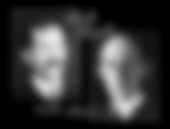  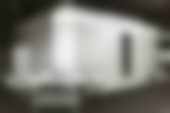   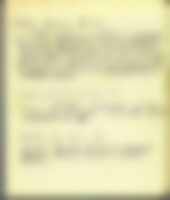  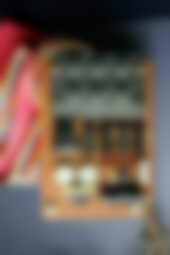 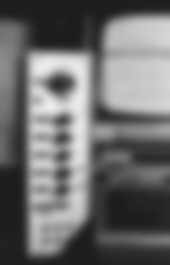 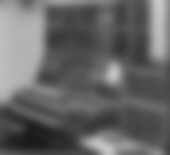 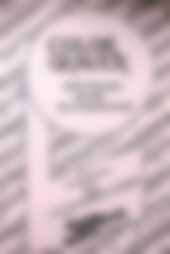  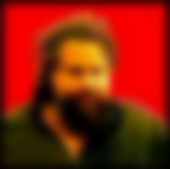 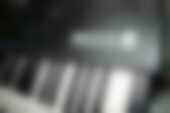 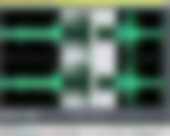 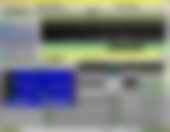  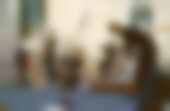 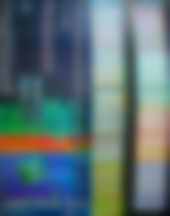 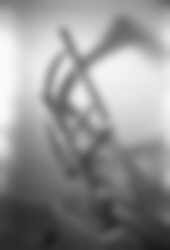 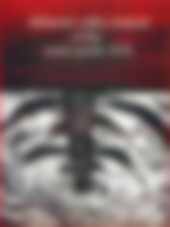  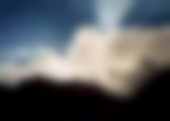 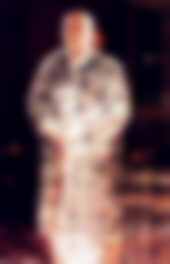 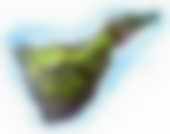   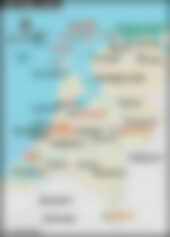 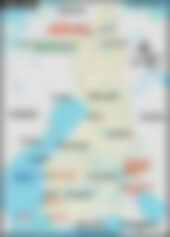 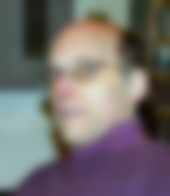 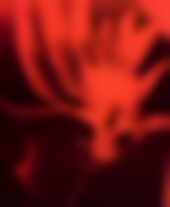  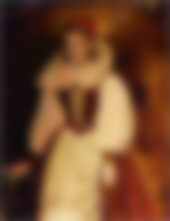 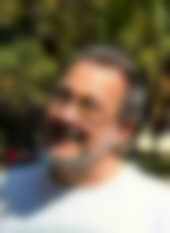 |